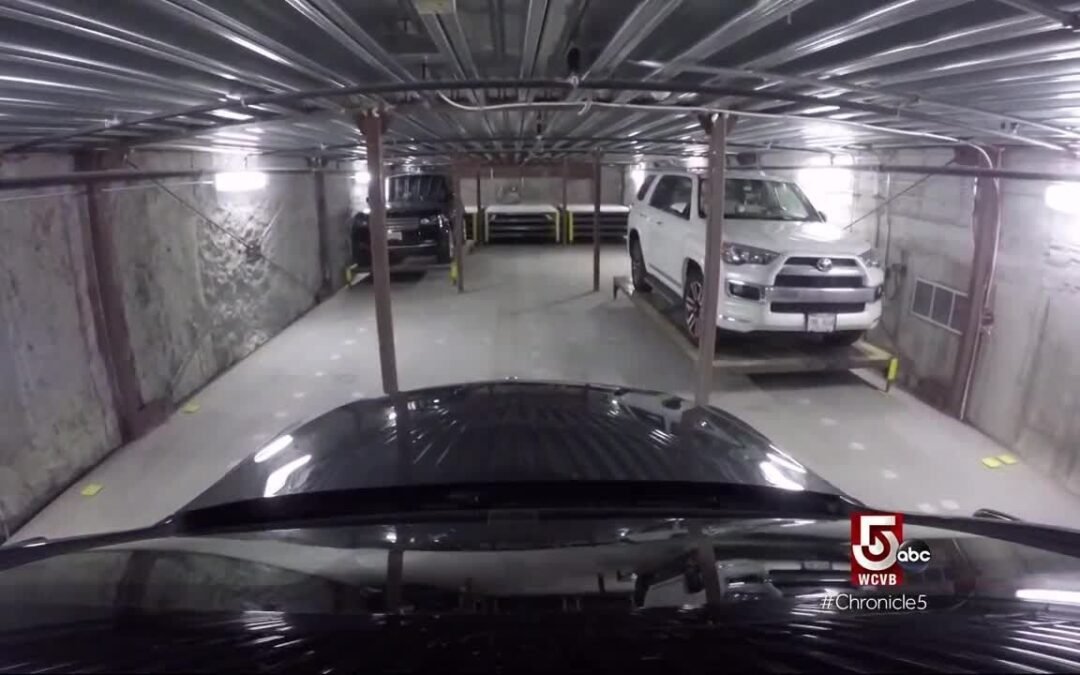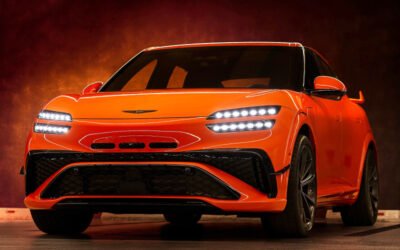Out of all of the so-called “traditional” automakers, BMW has done better than most at transitioning to future technologies. The German automaker’s current lineup of electric vehicles like the BMW i4, i5 and iX are outstanding (even if the last one isn’t much to look at) and it’s been on a hot streak with plug-in hybrids as well. But BMW would say that we ain’t seen nothing yet.
The real power moves come with the Neue Klasse EVs. Named after BMW’s “New Class” cars of the 1960s and 1970s, this new family of from-the-ground-up electric models should offer even better range, software, performance and efficiency than the current crop. As good as those EVs are, they’re still based on gas-car platforms and are inherently limited on what they can do.
This week, BMW gave us our best look at what’s new from the New Class: a sedan called the BMW i3 (NA0, in BMW parlance) and an SUV called the iX3 (NA5.)

Photo by: BMW
BMW iX3 (new class) during heat tests
I should note that of the two, only the iX3 has gotten that name officially so far, but we’re pretty confident the sedan will follow the same convention. And now we know when we’ll see it for real. “At the IAA Mobility [Show] in Munich this September, the all-electric BMW iX3 will celebrate its world premiere as the first model of the Neue Klasse,” BMW officials said this week at their annual investor conference. “The new BMW iX3 will set the standard for driving experience, electrification and digitalization alike.” Production will then begin late this year in Hungary.
The iX3 and subsequent cars on this platform will be true software-defined vehicles, capable of over-the-air updates, smartphone integration and improvements over time. It boasts a zonal architecture with some 2,000 feet (600 meters) less wiring than current EVs for less weight and more efficiency. The iX3 will also debut cars with four “super-brains” and the “Heart of Joy” drivetrain management system. Silly names, for sure, but they pack serious tech.

Photo by: BMW
BMW iX3 (new class) during heat tests
We don’t have any details about battery size, charging times or other key specs, but BMW has said that all Neue Klasse EVs will have at least 600 kilometers (373 miles) of range on the European WLTP cycle. We’re expecting at least 300 miles of range, if not more, from the iX3 when it arrives stateside. These are also 800-volt EVs, so they should boast 30% shorter charging times than current BMWs do.

Photo by: BMW
BMW i3 sedan prototype testing
Testing of the BMW iX3 is in full swing, BMW’s CEO Oliver Zipse said at the event today. That includes benchmarking in extreme hot and cold weather conditions. To go with that, BMW released several photos of both the SUV and the sedan blasting through the desert and the snow.
These should be impressive machines when they finally launch. While iX3 will assuredly be the moneymaker of the duo, I’m certainly glad BMW isn’t letting its famous 3 Series sport sedan go to pot in the electric era. Either way, both give us something to look forward to this year.
Contact the author: patrick.george@insideevs.com






0 Comments